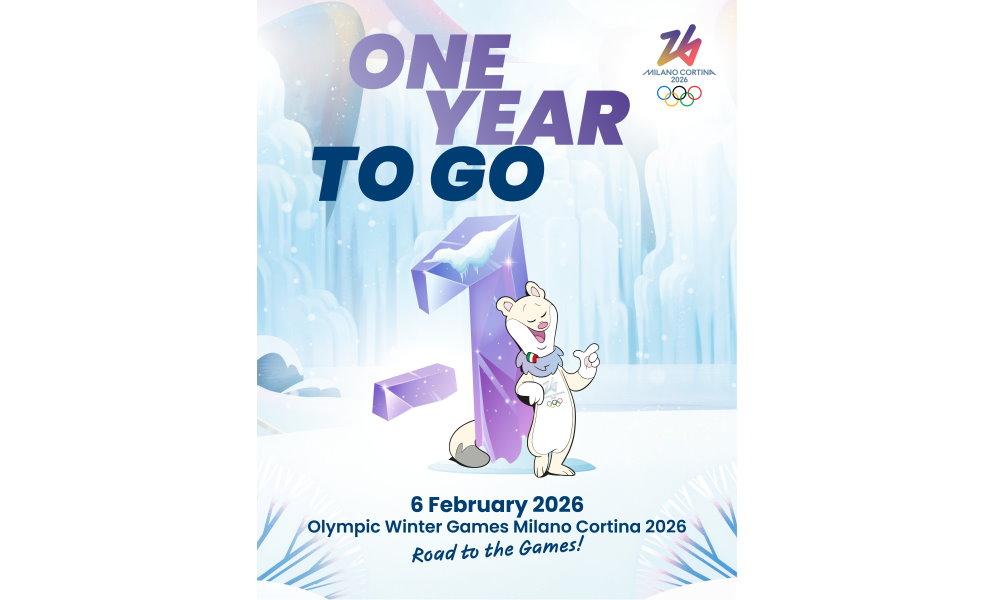Milano Cortina 2026 is poised to make history as the most gender-balanced Olympic Winter Games to date, marking a significant milestone in the Olympic movement’s ongoing commitment to equality. With unprecedented participation opportunities for female athletes and a nearly equal number of events for men and women, the upcoming Games signal a progressive shift towards inclusivity on the world’s biggest winter sports stage. As anticipation builds for the next edition of the Winter Olympics, organizers and stakeholders are heralding Milano Cortina 2026 as a landmark event in promoting gender parity in elite sport.
Milano Cortina 2026 Aim for Gender Parity in Winter Olympic Events
In a groundbreaking move, the organisers of Milano Cortina 2026 are set to deliver the most gender-balanced Winter Olympic Games to date. The event will feature an equal number of medal events for men and women, marking a significant step toward inclusivity and equality in winter sports. This ambitious goal is underscored by the introduction of new disciplines and the expansion of mixed-gender events, designed to showcase athleticism without compromise on fairness or opportunity.
Key highlights include the addition of more women’s ski jumping and bobsleigh events, coupled with an emphasis on mixed-team competitions that promote cooperative spirit across genders. The programme shift reflects the International Olympic Committee’s ongoing commitment to erasing historical disparities and fostering a truly representative Olympic movement. Below is a snapshot comparison of the event distribution aimed for in Milano Cortina 2026:
| Category | Men’s Events | Women’s Events | Mixed Events | ||||||||||||||
|---|---|---|---|---|---|---|---|---|---|---|---|---|---|---|---|---|---|
| Alpine Skiing | 5 | 5 | 1 | ||||||||||||||
| Ski Jumping | 3 | 3 | 1 | ||||||||||||||
| Bobsleigh & Skeleton | 2 | Breaking Barriers and Setting New Standards for Female Athlete Participation
Strategies for Sustaining Gender Equality Beyond the 2026 Winter GamesTo ensure that gender equality milestones set during Milano Cortina 2026 endure beyond the closing ceremony, a multi-faceted approach is essential. Investment in grassroots programs targeting young female athletes will foster talent pipelines and challenge lingering stereotypes. National sports federations are encouraged to implement transparent selection and funding criteria that promote fair opportunities. Additionally, the integration of gender experts within organizing committees and sports bodies can help maintain accountability and keep gender equality at the forefront of future planning. Policies must also focus on structural reforms by establishing long-term monitoring systems that track gender representation across all levels-from athletes to leadership roles. Collaboration with media outlets to ensure balanced coverage and storytelling can amplify female athletes’ visibility and inspire societal change. Below is a snapshot of possible initiatives designed to sustain progress:
To Wrap It UpAs Milano Cortina 2026 approaches, the Games are poised to set a new standard for gender equality in winter sports. With a historic balance of male and female athletes competing across various disciplines, the event not only reflects the evolving landscape of the Olympics but also signals a broader commitment to inclusivity and equal representation. As the world watches, Milano Cortina 2026 promises to be a milestone moment in the ongoing pursuit of gender balance on the global sporting stage. |

